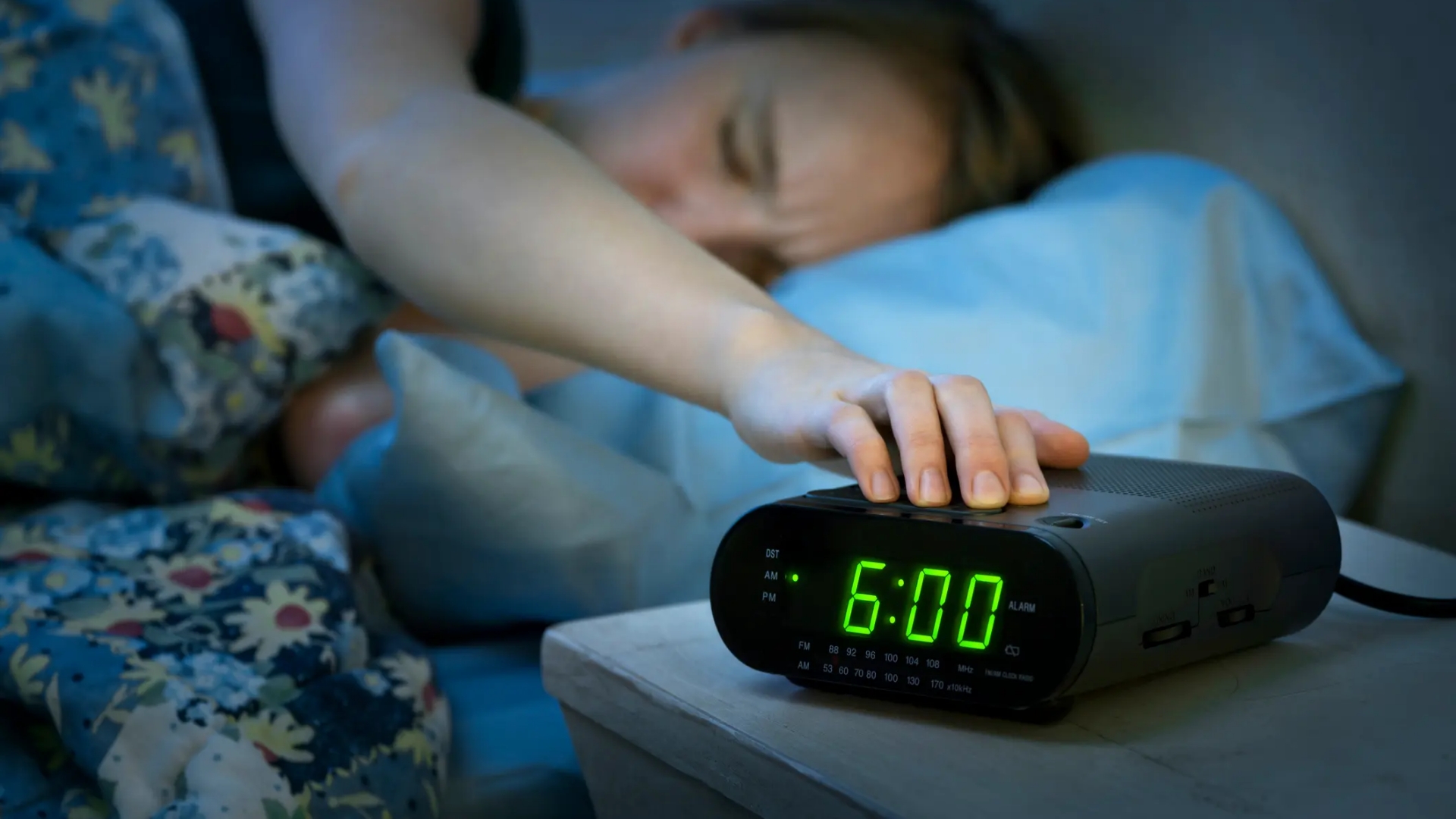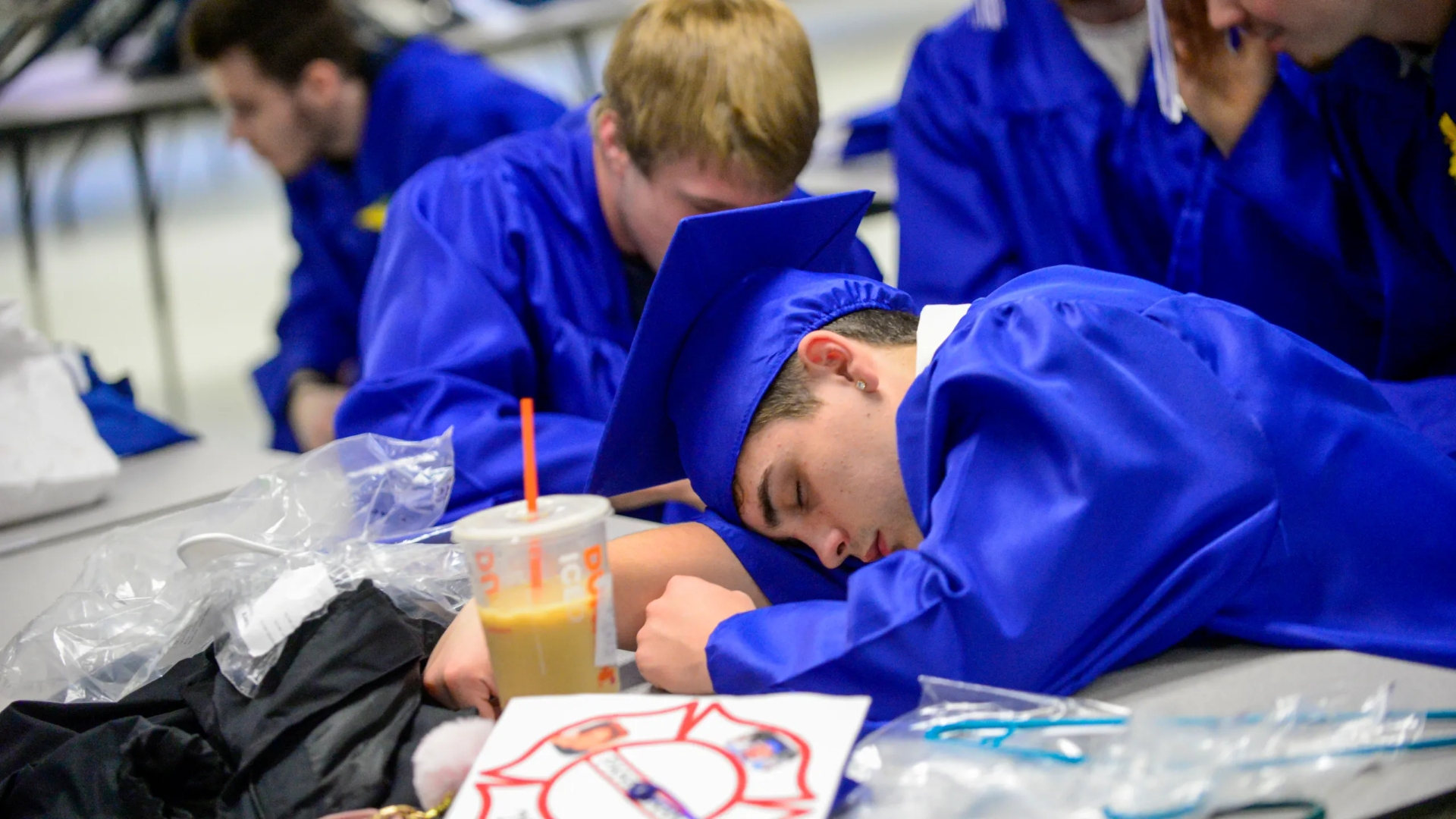In a poll, only 26% of Americans claimed to obtain at least 8 hours of sleep each night.

I know a lot of us are into our sleepy era. Well my dear we are not alone because a recent survey reveals that a majority of Americans express a desire for more sleep. However, the prevailing cultural ethos in the United States, rooted in principles of hard work and self-reliance, makes achieving adequate rest challenging.
This sentiment is compounded by the pervasive influence of technology and the expectation of constant availability in today's work environment. As a result, attaining sufficient sleep can often feel like an elusive goal.
According to a Gallup poll, 42% of Americans say they receive enough sleep, yet 57% of Americans say they would feel better with more sleep. The proportion has increased for the first time since 2001. Women under 50 years old are more likely to report getting too little sleep.

According to a Gallup research, only 26% of Americans sleep eight or more hours a night, which is advised for mental and physical wellness.
The percentage of people who report receiving the least amount of sleep in 2013 was 14%; now, over half, or 53%, report getting six to seven hours, and 20% receive five hours or less. The survey does not address the causes of Americans' inadequate sleep, and no data has been available since Gallup posed this question in 2013 to specifically analyze the effects of the past four years and the epidemic era.
But during the past ten years, more Americans have come to believe that they would benefit from getting more sleep, as evidenced by the rise in the percentage of Americans who report getting five hours or less, according to Sarah Fioroni, senior researcher at Gallup.
The idea that sleep is superfluous has long been ingrained in modern American culture, and it has only now begun to spread among the broader public. While some Americans, like Justine Broughal, understand the need for sleep, they frequently put other obligations—such caring for their 3-year-old daughter or 4-month-old son—above their own needs.
The cultural emphasis on hard work and productivity that Americans have traditionally valued is perhaps one factor contributing to their insomnia. People's sleep patterns may have been impacted by the COVID-19 pandemic, as they avoided going to bed and instead opted to binge watch TV or browse social media as a coping mechanism.
via Inquirer
